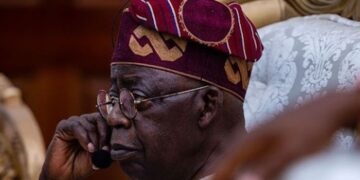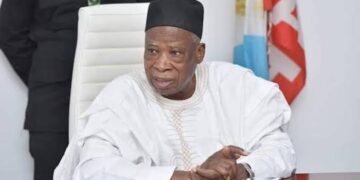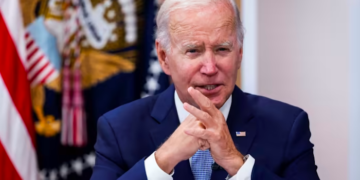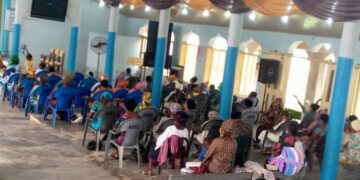A new five percent Excise Duty on all telecommunications services, including calls, SMS, and data, has been approved by the Muhammadu Buhari-led federal government.
According to Zainab Ahmed, minister of finance and national planning, the Nigerian Communications Commission, NCC held a stakeholders’ forum on Thursday.
It was Ahmed’s belief that a lack of revenue from oil and gas was the driving force for the decision.
“Our revenue can no longer take care of our demands as a country,” she stated. “The subject of revenue is not one that needs to be shied away from.” Non-oil revenues are becoming more important to Nigeria because oil revenues are no longer sufficient.
Stakeholders are requested to support the implementation of the 5% telecommunications services exercise responsibility by Ms Ahmed, who was represented by Musa Umar, Assistant Director, Tax and Policy.
This tax, according to the minister, has shown to be a successful revenue generator in various African countries such as the ones mentioned above (Malawi, Tanzania, Uganda, and others).
It was clear from her comments that the administration is committed to executing this legislation in a way that has minimal impact on Nigerians.
According to ALTON Chairman, Engr Gbenga Adebayo, the new tax regime is an odd move and an unusual step in Nigerian telecommunications history.
It seemed to him that the new tax imposed by the government on the country’s telecom providers was a jumble of 39 separate fees that would be passed on to customers.
As weird as it may appear, it’s a good idea.” “We are astonished that excise duty is being levied on services instead of commodities,” he remarked.
“Given that we now pay 39 different types of taxes, adding to that load would be unfair.” Subscribers cannot be absolved of this responsibility by us. Subscribers are responsible for paying the 5% excise tax. According to the Nigerian Customs Service, “it will be collected by the operators on all voice, data, and OTT services, and remitted to the Nigerian Customs.”





























